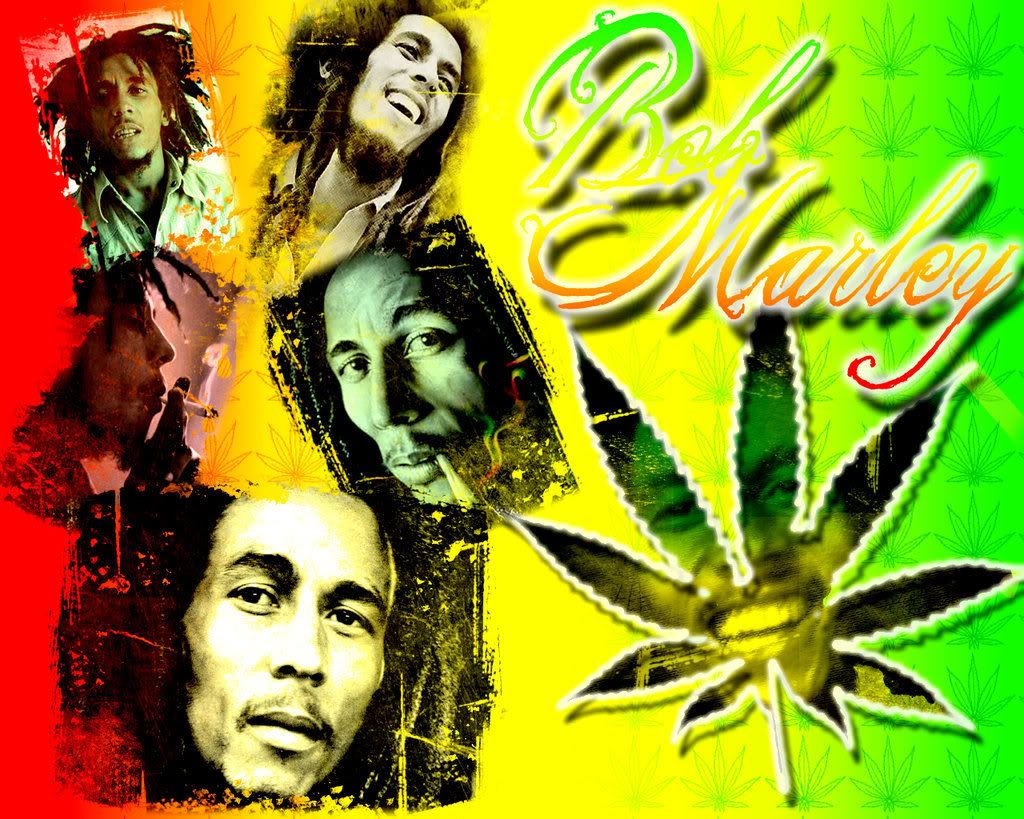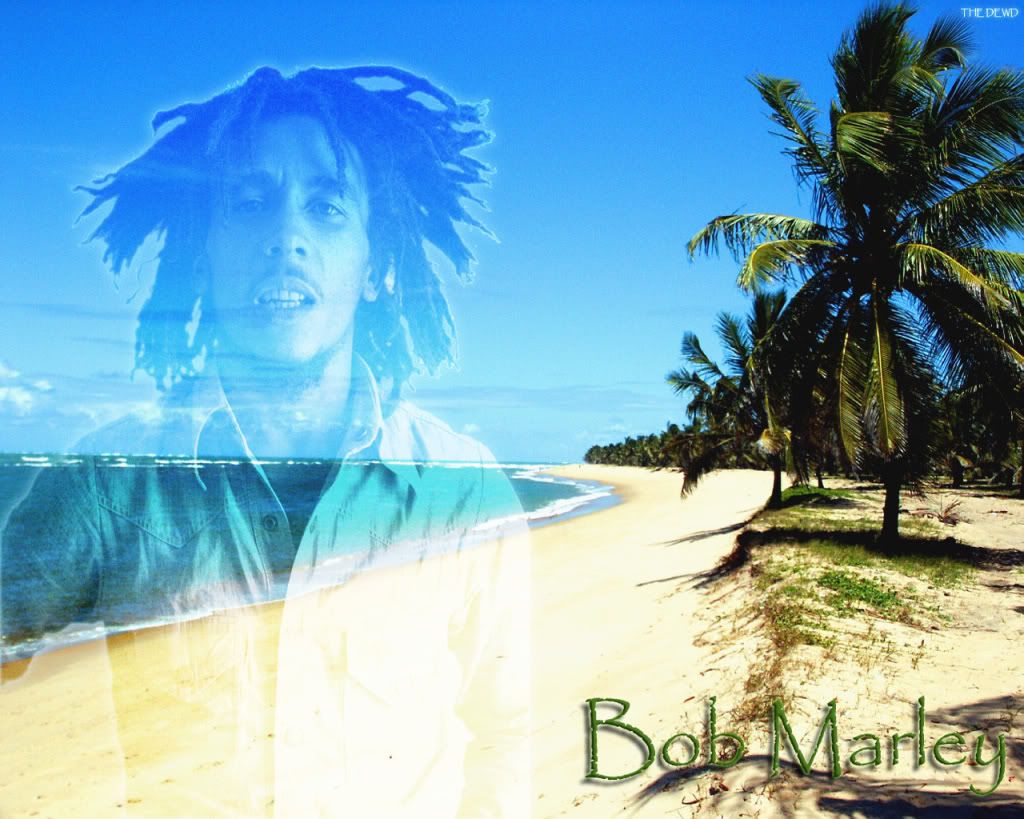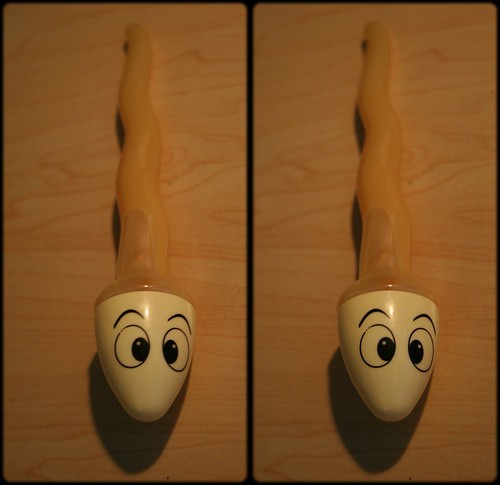 Sunday 21 December. A short drive west of Reading to Douai Abbey on the shortest night of the year for the Advent service of music, scripture readings and reflections by the monks. The exquisite music was conducted as usual by Dr John Rowntree, who has been running the music at Douai since the year dot. Driving home through the dark Berkshire countryside I was trying out a recently bought Johny Cash CD. Track 9 is introduced by merrily strumming guitar chords:
Sunday 21 December. A short drive west of Reading to Douai Abbey on the shortest night of the year for the Advent service of music, scripture readings and reflections by the monks. The exquisite music was conducted as usual by Dr John Rowntree, who has been running the music at Douai since the year dot. Driving home through the dark Berkshire countryside I was trying out a recently bought Johny Cash CD. Track 9 is introduced by merrily strumming guitar chords:"My name it is Sam Hall, Sam Hall,
My name it is Sam Hall, it's Sam Hall,
My name it is Sam Hall,
And I hate you, one and all....."
 It's always good to have an alternative voice at this time of compulsory love and peace to all mankind. I bought this album some weeks ago, and had put off listening to it until now, for the same reason - Track 2, "Hurt". I was introduced to this searing confessional piece by Madeleine Bunting, a presenter on "Something Understood", part of BBC Radio 4's early Sunday morning Godslot. Her subject for that week was pain and suffering and "Hurt" was one of the songs she played. The Man In Black, as usual, tells it like it is. There can't be many songs about injecting yourself for diabetes - I don't know of any others. Some have called it Cash's epitaph; it describes like few other songs the torments of physical disintegration and loneliness as your contemporaries die off.
It's always good to have an alternative voice at this time of compulsory love and peace to all mankind. I bought this album some weeks ago, and had put off listening to it until now, for the same reason - Track 2, "Hurt". I was introduced to this searing confessional piece by Madeleine Bunting, a presenter on "Something Understood", part of BBC Radio 4's early Sunday morning Godslot. Her subject for that week was pain and suffering and "Hurt" was one of the songs she played. The Man In Black, as usual, tells it like it is. There can't be many songs about injecting yourself for diabetes - I don't know of any others. Some have called it Cash's epitaph; it describes like few other songs the torments of physical disintegration and loneliness as your contemporaries die off.Speaking of pain, I was doing some last minute shopping in Waterstones (the British equivalent of Barnes and Noble) on Tuesday 23rd when I spotted a whole new section within the wall of tomes in "Biography". I am not making this up - this ceiling-to-floor bookcase was headed "Painful lives". And who was featured within this bookcase? The greatest shelf footage was given over to biographies of Princess Diana, one of the most over-privileged humans in history. Is it too late to persuade Tom Lehrer to come out of retirement to write a suitably brutal piss-take of a song?
This is the time of year when God makes a temporary break out of the Godslot and appears in some unlikely corners of the British media. Monday 22nd saw a discussion of Christmas traditions on "Beyond Belief", a 25 minute general religious discussion program at 430pm on Radio 4 which runs for only part of the year. On 15th December "Beyond Belief" covered religious attitudes to eithanasia. At other times of the year this slot is occupied by an even more unlikely subject. "More or less" enlightens you on the subject of mathematics and statistics. Such programs must be even rarer than songs about diabetes and "More or less" is always straightforward, informative and thought provoking - as is "Beyond Belief".
The trouble is that 25 minutes is hardly long enough to do justice to any serious topic, secular or sacred. On top of which, you can't help feeling that the time of day reflects the importance which BBC bigwigs attach to essential subjects of which they know nothing and care less. 430pm is almost another graveyard slot, like the 600am-9am place for the Godslot. 430pm is too late to include such material in schools programming. It is too early for the drive time listeners coming home from work. And even full time homemakers will be preoccupied with children fresh home from school. Yet maths and religion are at the heart of the modern world and modern science. Statistical information and disinformation is essential to all policy development in every area of public life and propaganda, from economics to climate change to social security decisions.
 The local papers do huge spreads of photographs of Nativity plays from most of the local primary (elementary) schools, both religious and secular, a happy reminder that there is no separation of Church and State in Britain. Children dressed up as shepherds, the Wise Men plus Jesus and Mary, get almost as much coverage as the local sports teams for a day or two. Local clergy may get quoted on the meaning of Christmas, though, as ever, our asinine Archbishop of Canterbury is guaranteed a bigger quote as he opens his mouth on the possibility of disestablishing the Church of England. If even the guardians won't guard the national church, what hope has it got? It seems strange that it takes a practising Jew to make the case for retaining the Church of England's current privileged status in British society: see www.melaniephillips.com/articles-new/?p=631
The local papers do huge spreads of photographs of Nativity plays from most of the local primary (elementary) schools, both religious and secular, a happy reminder that there is no separation of Church and State in Britain. Children dressed up as shepherds, the Wise Men plus Jesus and Mary, get almost as much coverage as the local sports teams for a day or two. Local clergy may get quoted on the meaning of Christmas, though, as ever, our asinine Archbishop of Canterbury is guaranteed a bigger quote as he opens his mouth on the possibility of disestablishing the Church of England. If even the guardians won't guard the national church, what hope has it got? It seems strange that it takes a practising Jew to make the case for retaining the Church of England's current privileged status in British society: see www.melaniephillips.com/articles-new/?p=631 Even that temple of secularity, "The Guardian" gives a few column inches to God - even if it is only the appalling Polly Toynbee, their star columnist, heading her Christmas message: "God probably does not exist". Well, at least she declares her vested interest - as "President of the British Humanist Association and honorary associate of the National Secular Society". One of the most heartwarming sights of nearly every week is the ferocious savaging which Polly receives in the reader comments posted after every column she writes. Any other columnist on any other paper would have been politely requested to retire years ago before she became a total embarassment to the editor and owner; I can assume only that she has a bomb proof contract for life.
Even that temple of secularity, "The Guardian" gives a few column inches to God - even if it is only the appalling Polly Toynbee, their star columnist, heading her Christmas message: "God probably does not exist". Well, at least she declares her vested interest - as "President of the British Humanist Association and honorary associate of the National Secular Society". One of the most heartwarming sights of nearly every week is the ferocious savaging which Polly receives in the reader comments posted after every column she writes. Any other columnist on any other paper would have been politely requested to retire years ago before she became a total embarassment to the editor and owner; I can assume only that she has a bomb proof contract for life. This year we have not one but two Midnight Masses in the parish. St James, in the town centre, is having Mass in English, while St William of York, in the University area, is having a full-blown Tridentine Latin celebration, probably with excellent choral support. Apparently they had Latin Midnight Mass at St William in 2007, but it was not publicised widely. I shall be paying a return visit to Douai on Wednesday evening for the 900pm Mass. You have a magnificent sung celebration, Benedictine hospitality afterwards with mulled wine and mince pies, plus you get to bed at a reasonable hour.
This year we have not one but two Midnight Masses in the parish. St James, in the town centre, is having Mass in English, while St William of York, in the University area, is having a full-blown Tridentine Latin celebration, probably with excellent choral support. Apparently they had Latin Midnight Mass at St William in 2007, but it was not publicised widely. I shall be paying a return visit to Douai on Wednesday evening for the 900pm Mass. You have a magnificent sung celebration, Benedictine hospitality afterwards with mulled wine and mince pies, plus you get to bed at a reasonable hour.With fondest greetings to all in the USA.

























































